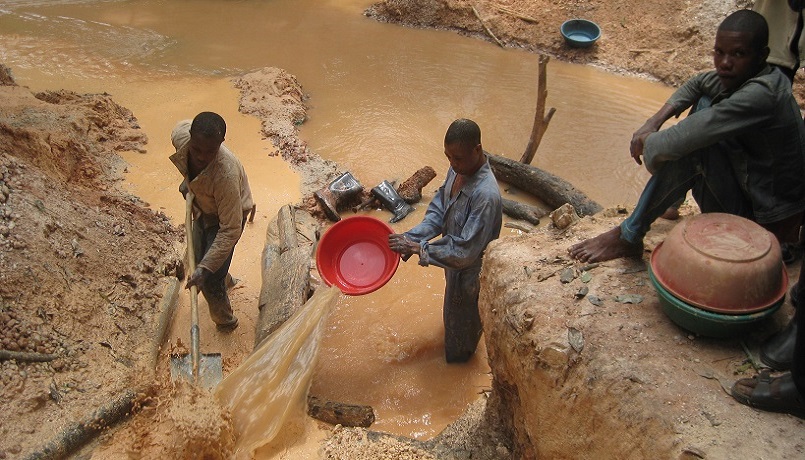Minerali dei conflitti, ultimi negoziati: l’UE non sia ipocrita

Le negoziazioni sul regolamento europeo relativo ai conflict minerals sono giunte alla fase finale: un ulteriore richiamo alla responsabilità per i leader europei arriva da Oscar Rodríguez Maradiaga, Arcivescovo di Tegucigalpa, Honduras e coordinatore del Consiglio dei cardinali consulenti di Papa Francesco.
Pubblicato oggi su Euractiv l’articolo di Mons. Maradiaga il quale, oltre a offrire una testimonianza speciale sulla violazione di diritti umani collegata alle attività di estrazione mineraria in America Latina, richiama le parole di Papa Francesco nell’Enciclica Laudato Si’ e denuncia l’attuale sistema che pone al centro l’interesse economico e marginalizza l’essere umano, a volte sacrificato in nome di quello che viene chiamato “sviluppo”, come successo nel caso di Berta Cáceres.
Monisgnor Maradiaga cita la dichiarazione firmata dai 150 vescovi e in questa fase finale dei negoziati richiama l’Unione Europea, Premio Nobel per la Pace nel 2012, ad un’ambiziosa assunzione di responsabilità e all’approvazione di un regolamento obbligatorio ed inclusivo che possa realmente porre fine alle sofferenze legate all’estrazione e al commercio dei minerali.
Di seguito un estratto dell’articolo:
“With some European member states pressuring to water down the parliament’s regulation by going back to a partial and largely voluntary system, those of us working with communities suffering from violence must ask: why does the European Union on the one hand claim to be a leader for global human rights, while on the other hand trying to weaken a strong proposal which would better protect vulnerable men, women and children?
The bishops’ statement on conflict minerals emphasises that “As images and stories of horrors inflicted on vulnerable children, women and men in conflicts around the world strike us daily, citizens are expecting guarantees that they are not complicit. The indifference of a few, who look away from their part of responsibility for other peoples’ pain, threatens our shared human dignity. To stop this, new rules are urgently needed to ensure that the bounty of God’s creation does not serve unquestioning consumption while underwriting the destruction of life.
The earth’s resources must be managed wisely by good stewards, with assurances for people at both ends of today’s global supply chains that join us as to the morality of our trading.
Today I express my support for this call. In Latin America where I come from, and in many other places around the globe, people are increasingly standing up to denounce certain private vested interests influencing political choices.
In Europe, there has been much recent outrage over automotive enterprises cheating on emissions standards, while agribusiness interests aim to keep pesticides on the market, to the widespread detriment of citizens’ health. Let me also recall that one year ago Pope Francis published his encyclical Laudato Si addressed to all people worldwide calling on us for an ecological conversion and pointing out that “there are too many special interests, and economic interests easily end up trumping the common good and manipulating information so that their own plans will not be affected” and “urges that the interests of economic groups which irrationally demolish sources of life should not prevail in dealing with natural resources” (Laudato Si, 54).
Europe, the continent who won the 2012 Nobel Peace Prize, has a great responsibility towards the communities affected by conflict minerals. For that, it is urgent that EU decision makers target all companies dealing with “conflict minerals” along the entire supply chain in line with the OECD’s international standard, with a mandatory due diligence requirement. Not doing so, wouldn’t change things on the ground. This circle of suffering and violence can still be stopped.”
Leggi l’articolo in versione integrale al link:
